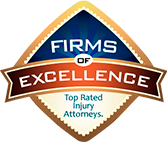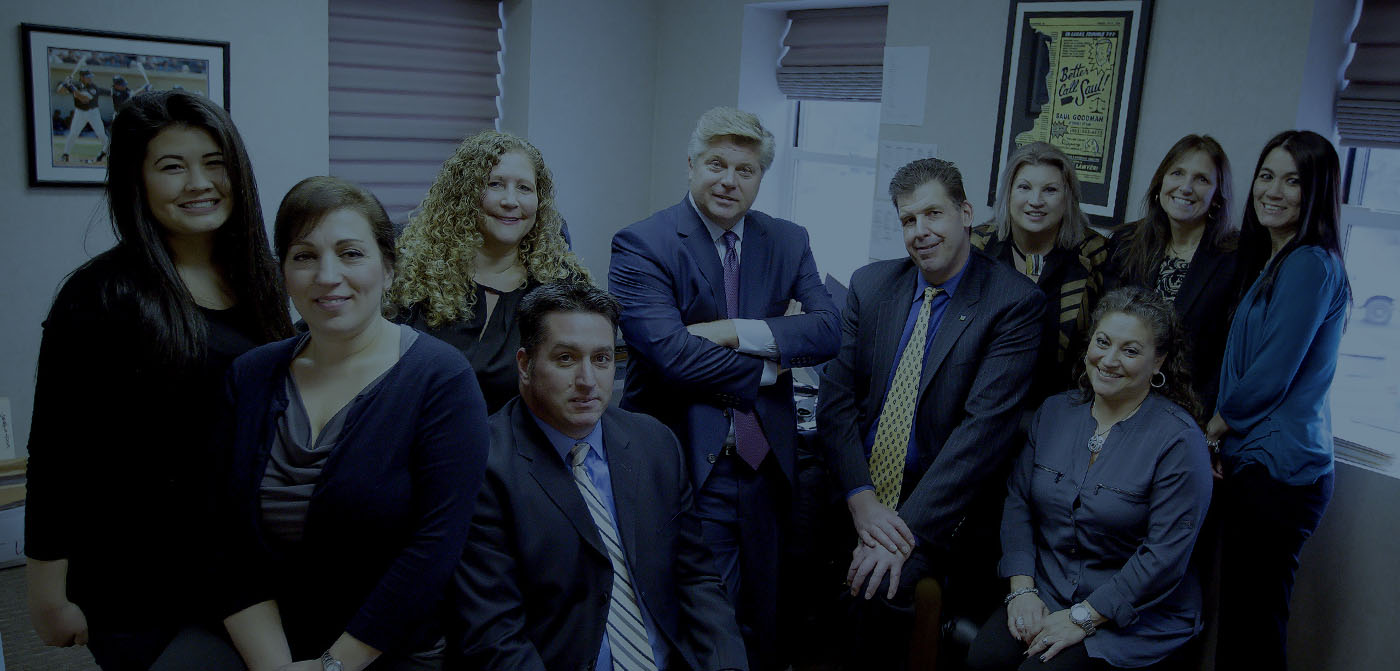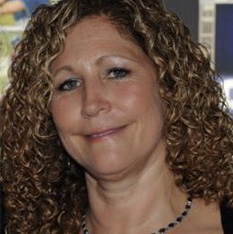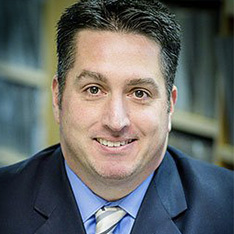Property ownership is always a big deal, not merely because of the major investment it represents, but also because of the responsibilities it incurs. After all, if anyone gets injured on a property, the owner may be held legally responsible for that injury. But when exactly does a property owner become responsible for an injury, and when is it just someone else’s problem?
What is Premises Liability?
The principle of holding property owners responsible for injuries that occur on or around their property has to do with the area of law known as “premises liability.” This refers specifically to the idea that people who own property have a basic responsibility to ensure their property is free from hazards that are likely to result in injuries. When a property owner fails to keep their property free of dangers, or fails to warn others of potential hazards, they may be held responsible when someone gets hurt on their premises.
Common Reasons for Premises Liability Suits
Premises liability suits come in a variety of types, all potentially relating to ways property owners fail to keep their property safe for others. Some common reasons for premises liability suits include:
- Failing to keep floors clean and free of tripping or slipping hazards
- Failing to repair broken floorboards or ceiling tiles
- Insufficient lighting, especially in stairwells
- Failing to secure swimming pools or other inherently dangerous locations
- Lack of security measures to prevent common criminal activity
- Failing to warn of slippery conditions or other known hazards
When a Property Owner Is (Or Is Not) Responsible
Property owners are not always responsible for every injury that happens on their premises. Instead, they are specifically responsible for anything that happens on or around their property that is a result of them failing to keep the area safe for people to use. This means that holding a property owner responsible for an injury means demonstrating that their lack of care was responsible for the injury you suffered.
First and foremost, this means that a property owner is typically not responsible for injuries caused by other people, unless that injury was contributed to by the property owner’s negligence. For example, a property owner would typically not be responsible for a car accident that occurred on the road outside of their building, because they are not responsible for maintaining the roads. However, they might be responsible for someone slipping and falling on icy steps leading into their building, because they are responsible for maintaining those steps.
Second, it means property owners are not legally responsible for an injury if they actually did what they were supposed to do. If, for example, someone slips and falls in a grocery store due to a spill, but the spill was cleaned up quickly and a sign was posted warning the floor was wet, it may be difficult to hold the store accountable. However, only an attorney with experience in personal injury law can tell you what your odds might be, and what legal options might be available to you.
If you or a loved one have been injured due to someone else’s negligence, you should seek out the personal injury lawyers at Zlotolow & Associates. Our seasoned New York personal injury attorneys bring more than two decades of trial experience to your case. We serve all five boroughs of New York City, as well as Nassau and Suffolk County. We have helped thousands of clients recover through settlements and courtroom verdicts. To schedule a consultation, you can call us toll-free at (866) 800-0092, or you can visit our contact page.











